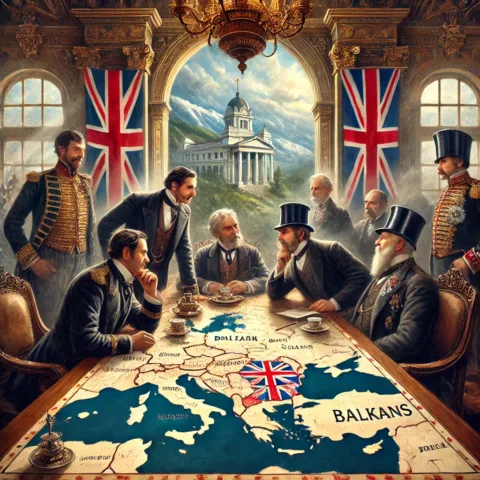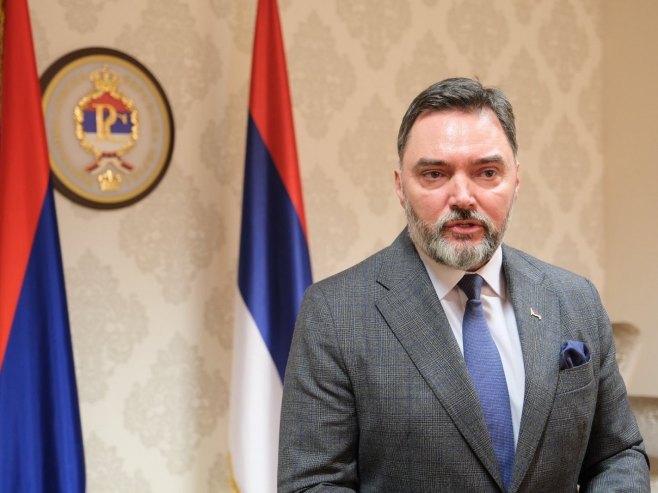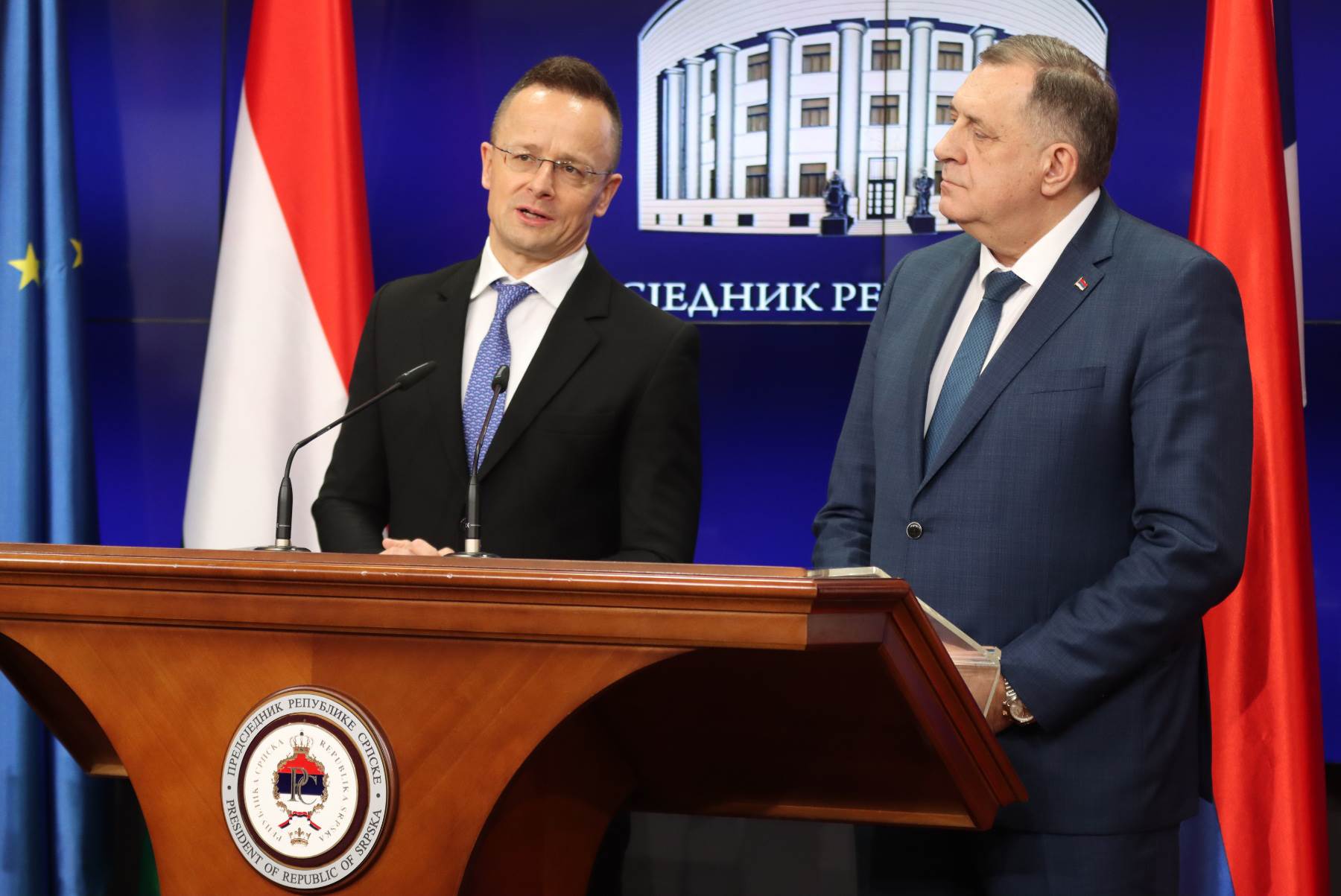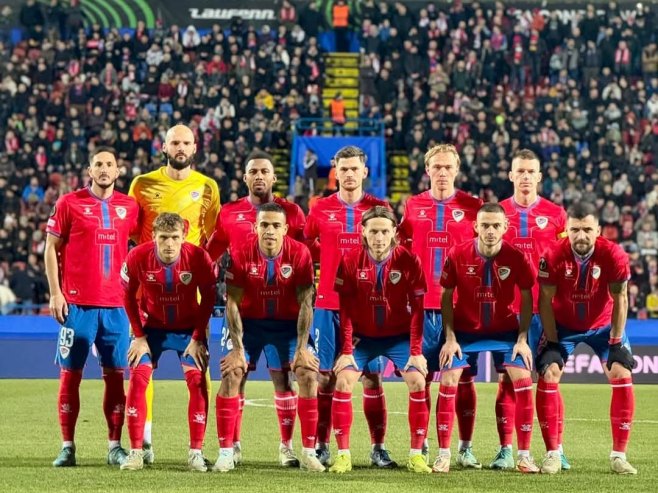There can be no talk of Bosnia and Herzegovina’s European path or stability as long as there is a “high representative” whose decisions are often above the law, said Marinko Čavara, Speaker of the House of Representatives of the Parliamentary Assembly of BiH.
“Such a practice is incompatible with democracy,” Čavara emphasized.
He noted that the role of the high representative in BiH is to ensure the implementation of the Dayton Peace Agreement—not to override the Constitution and the law, which, he said, is often disregarded in practice.
“It is especially problematic when the high representative changes laws, election rules, and even the vote-counting process after elections have been held. That is a blatant violation of the Constitution, the electoral process, and the legal system. It is unacceptable if we aim to build institutions and a rule-of-law state. We have never supported the way the high representative operates,” Čavara told Večernji list, BiH edition.
Commenting on the recent imposed decision by Christian Schmidt regarding election process reform, including the introduction of new technologies, Čavara raised concerns about genuine transparency.
He questioned the transparency of procurement procedures and the selection of vendors, warning that manipulation or errors during vote counting could have serious consequences and undermine the credibility of election results.
“It’s also concerning that this new technology isn’t even used in developed EU countries, but is instead modeled after practices from some African countries—where election outcomes were predetermined. We support new technologies and solutions that ensure every vote is properly recorded and every result accurately processed,” Čavara said.
Source: RTRS







.webp)

